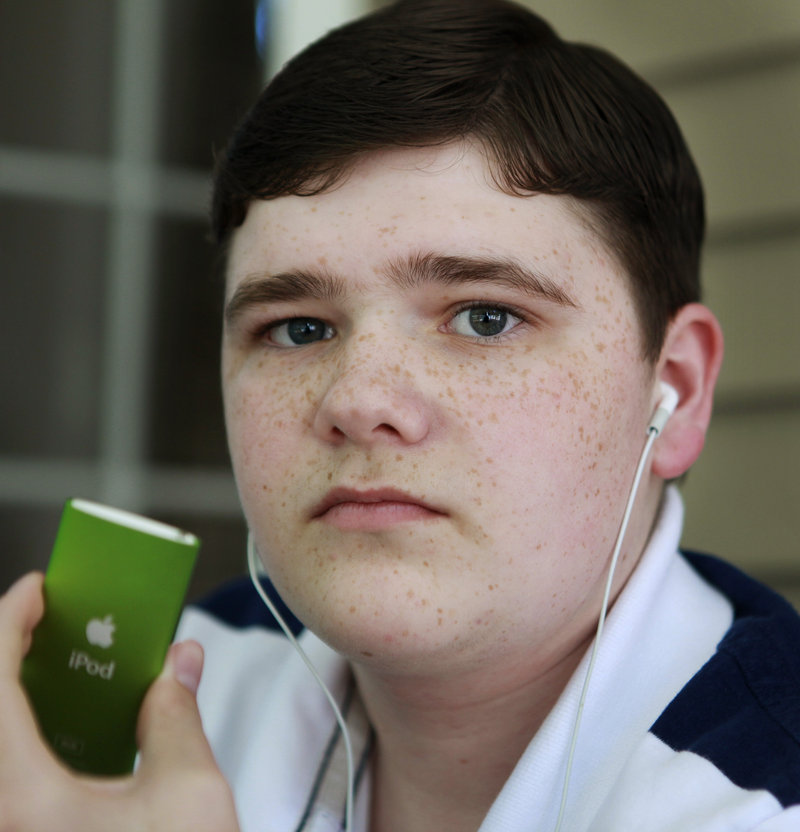CHICAGO — A stunning one in five teens has lost a little bit of hearing, and the problem has increased substantially in recent years, a new national study has found.
Some experts are urging teenagers to turn down the volume on their digital music players, suggesting loud music through earbuds may be to blame – although hard evidence is lacking. They warn that slight hearing loss can cause problems in school and set the stage for hearing aids in later life.
“Our hope is we can encourage people to be careful,” said the study’s senior author, Dr. Gary Curhan of Harvard-affiliated Brigham and Women’s Hospital in Boston.
The researchers analyzed data on 12- to 19-year-olds from a nationwide health survey. They compared hearing loss in nearly 3,000 kids tested from 1988-94 to nearly 1,800 kids tested over 2005-06.
The prevalence of hearing loss increased from about 15 percent to 19.5 percent.
Most of the hearing loss was “slight,” defined as inability to hear at 16 to 24 decibels — or sounds such as a whisper or rustling leaves. A teenager with slight hearing loss might not be able to hear water dripping or his mother whispering “good night.”
Extrapolating to the nation’s teens, that would mean about 6.5 million with at least slight hearing loss.
Those with slight hearing loss “will hear all of the vowel sounds clearly, but might miss some of the consonant sounds” such as t, k and s, Curhan said.
“Although speech will be detectable, it might not be fully intelligible,” he said.
While the researchers didn’t single out iPods or any other device for blame, they found a significant increase in high-frequency hearing loss, which they said may indicate that noise caused the problems. They cited a 2010 Australian study that linked personal listening devices with a 70 percent increased risk of hearing loss in children.
“I think the evidence is out there that prolonged exposure to loud noise is likely to be harmful to hearing, but that doesn’t mean kids can’t listen to MP3 players,” Curhan said.
The study is based on data from the National Health and Nutrition Examination Survey conducted by a branch of the Centers for Disease Control and Prevention. The findings appear in today’s Journal of the American Medical Association.
Send questions/comments to the editors.



Success. Please wait for the page to reload. If the page does not reload within 5 seconds, please refresh the page.
Enter your email and password to access comments.
Hi, to comment on stories you must . This profile is in addition to your subscription and website login.
Already have a commenting profile? .
Invalid username/password.
Please check your email to confirm and complete your registration.
Only subscribers are eligible to post comments. Please subscribe or login first for digital access. Here’s why.
Use the form below to reset your password. When you've submitted your account email, we will send an email with a reset code.